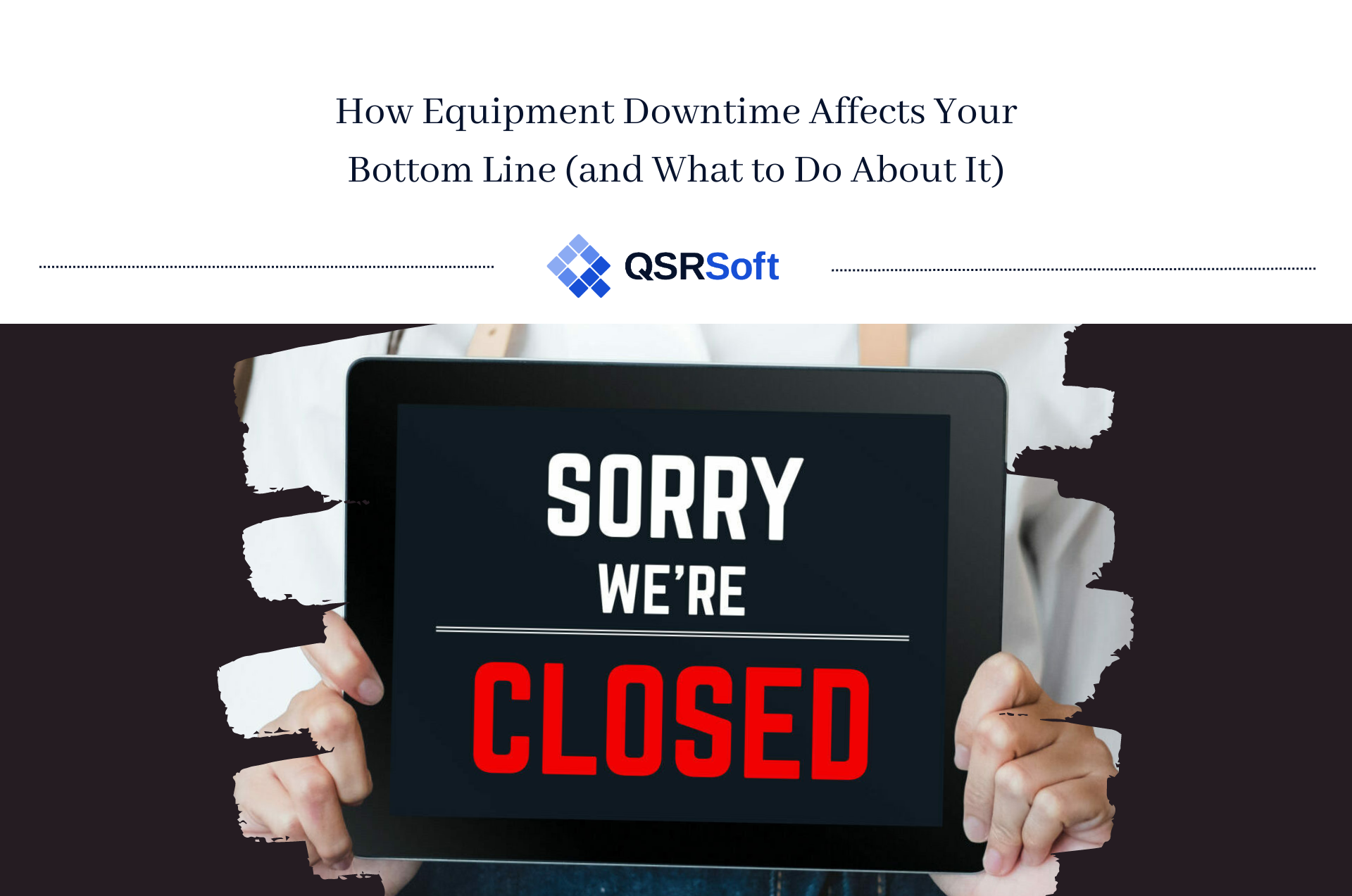- Loss of inventory. When a freezer or fridge is on the fritz, it could be a while before you can get a repair man out. Even if they come in time, it may be too late to salvage some or all of your food inventory.
- Strain on employees. Even your top employees feel the strain when dealing with irate customers during an equipment failure. The stress—especially if it happens a lot—may cause a higher turnover rate than you like.
- Negative brand experience. You don’t want to have your brand name be synonymous with broken equipment (McDonald’s ice cream machines, anyone?). But if you’re not keeping up with your equipment maintenance, your customers will notice. And if it happens too often, your brand suffers (and your Yelp page, too).
- Look for signs of disrepair. For frequently used equipment like ovens, freezers, coolers, and coffee makers, this should be done daily. Inspect the equipment, looking for cracks, leaks, and other signs of damage or disrepair. Check the thermostat of your fridges, coolers, and freezers. Check the back of your equipment for broken or frozen hoses and pipes. Look for loose parts and other issues, and report any findings immediately.
- Clean frequently. Check the manufacturer’s PM list to note how frequently they recommend that you clean the equipment (this could be based on a calendar or on usage). Use the recommended cleaner for that piece of machinery. Clean your freezer’s condenser coils to keep it at a consistent temperature. Make sure to remove limescale from your dishwashers and deep cleaning them regularly (removing large food particles and other debris) so they properly sanitize dishes. Clean coffee and espresso machines daily, removing coffee particles that build up.
- Avoid improper usage. It may sound insignificant, but it’s the little things—a crank that’s overtightened, a freezer door that’s not closed completely—that sometimes cause the biggest equipment issues. Train your staff on how to properly use your equipment to avoid equipment mishaps (for example, teaching them to double check that the freezer door is completely closed after retrieving something).
- Schedule routine maintenance with a technician. You and your staff can only do so much. Having a qualified technician come in every so often (check your equipment manual for recommended frequency) can alert you to a small issue that can be fixed before it becomes an emergency.

